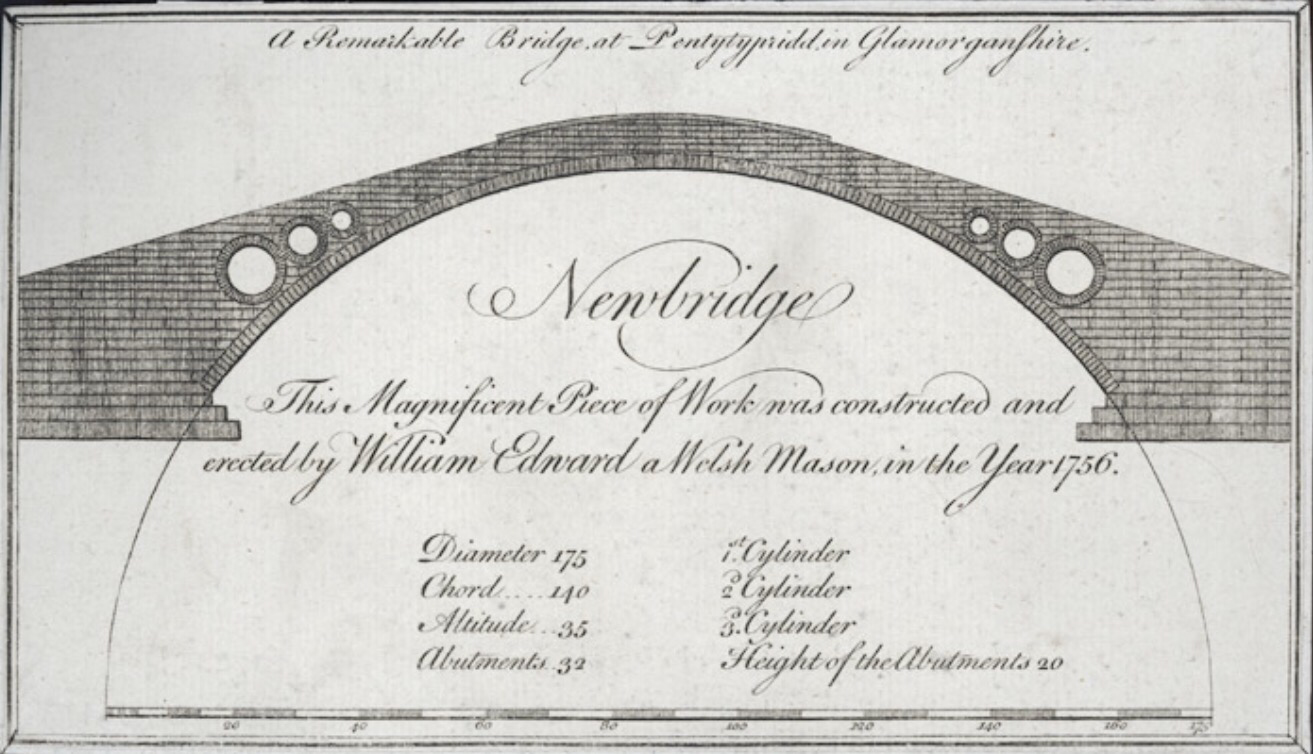
Decision making has always been a challenge . Way back in 1957, to describe his ‘Law of Triviality’, Cyril Northcote Parkinson created the word bikeshedding.
Parkinson was hugely experienced in the workings of Government and Academia. He was also responsible for a number of other ‘rules’ you might be familiar with like: Parkinsons Law No.1 ‘work expands to meet the time available for its completion explained here. He knew his stuff.
The Law of Triviality: Organisations give disproportionate weight to trivial issues , also known as Bikeshedding is actually my favourite.
You know this true. Just read through the committee minutes of many organisations (or partnerships) and you will get the point.
So what exactly is bikeshedding? The precise definition for the Law of Triviality is: … ‘the amount of time a committee will spend discussing an item is inversely proportional to the importance of that issue’.
In straightforward terms this means more time is spent on trivial matters that the big important stuff. The more complicated, costly or difficult the decision, the less time a decision making group (the committee) will spend on it. That’s quite concerning when you stop to think about the implications.
Back in 1957 Parkinson used the example of a committee spending very little time to approve the construction of a nuclear power station. The committee then went on to spend hours debating the construction of a bike shed for the staff on the site – hence the word ‘bikeshedding’.
The attached graphic is taken from a sildeshare presentation by Arthur Doler (link here) and uses data Parkinson gathered from the ‘Joint Welfare Committee’.
At the Committee meeting the £10million nuclear reactor was discussed for 2.5 minutes and the the £350 bicycle shed was discussed for 45 minutes. It gets worse… the £21 a year budget for committee coffee was discussed for 75 minutes and never resolved. The video of Arthur delivering the presentation is below. It is worth watching; for an insight into how computer coders view user experience (UX).
Why do we do bikeshedding? Some of the reasons that Parkinson attributed to this behaviour are linked to how people face up to big complicated decisions. Where things are uncertain or we don’t know the answers, we avoid exposing our lack of understanding to others. (This was 1957. There are probably other reasons, and a whole branch of Behavioural Psychology to explain this nowadays).
As Parkinson describes it, the nuclear power plant is a very complicated issue and the average committee member is likely to be unable to fully understand the issues. As a result, the item receives very little discussion and the committee ‘trusts’ the experts. There are very few questions asked about the proposal as nobody wants to appear stupid by asking something that is blindingly obvious or makes them look ignorant.
Building a bike shed on the other hand, is something we can all understand. Committee members are more than happy to contribute anecdote, opinion and sometimes ideas, usually at great length.
This was a 1957 example, and I suspect a nuclear power plant wouldn’t get away so lightly nowadays. People seem to have become far more willing to question expert opinion and authority. The accessibility of information via the internet also means that people are (or can be if they choose) much better informed. However, I think the principle of bikeshedding in decision making committees still applies to many of our complex, ‘modern’ issues.
Exploitation of bikeshedding through agenda management. Years ago I was involved in a committee where a very experienced Chair and Committee Clerk taught me many valuable lessons. There were things like: “put the important decisions at the end, they will have worn themselves out in the beginning and this stuff will fly through”. Along with, “never provide all of the answers, leave out some obvious but unimportant material, that will keep them busy talking for ages”.
I now realised they were practicing an advanced from of ‘assisted bikeshedding’, manipulation of the agenda to ‘nudge’ the committee members in the direction they wanted. Scandalous!
So, what’s the PONT?
- There is nothing much new in the world when it comes to human behaviour. Bikeshedding was described by Parkinson in 1957, and was probably around for ages before that.
- The reasons for bikeshedding are rooted in human behaviour. Helping people to overcome the fear of looking ignorant and asking good questions is part of dealing with it.
- Be vigilant with agenda management. You wouldn’t want to exploit a committee’s natural tendency towards bikeshedding. .
The original version of this post was inspired by my father in law, who gave me a 1961 copy of one of Parkinson’s books, The Pursuit of Progress.
- Spotting Field Sabotage https://whatsthepont.wordpress.com/2011/06/19/spotting-field-sabotage/
links to the 1944 CIA Simple Field Sabotage Manual, section on “General
Interference with Organisations and Production” (meetings). - Spot the Meeting Saboteur Checklist https://whatsthepont.wordpress.com/2011/06/20/spot-the-meeting-saboteur-checklist/
a handy print out and keep checklist for spotting meeting saboteurs. - Additional Field Sabotage. https://whatsthepont.wordpress.com/2011/10/30/meetings-sabotage-additional-field-examples/



Leave a comment